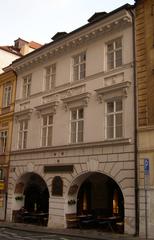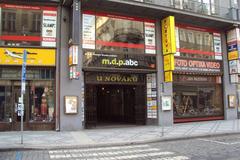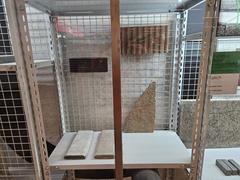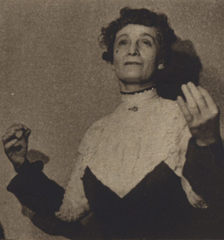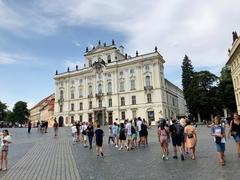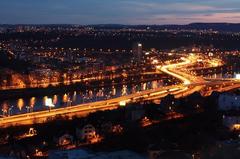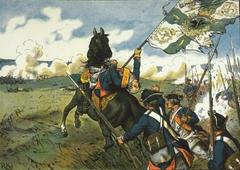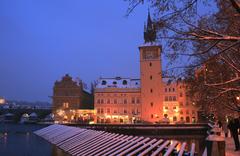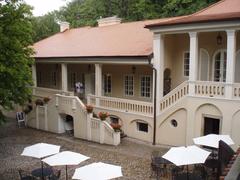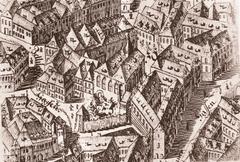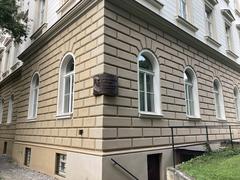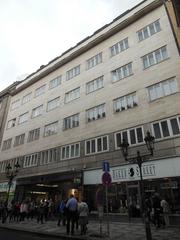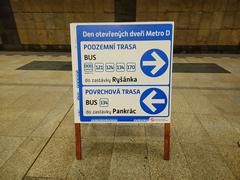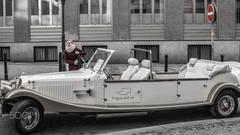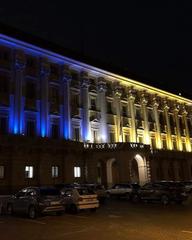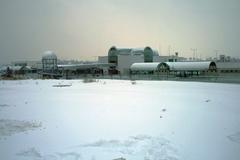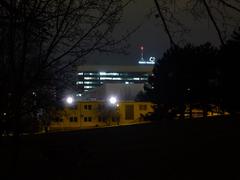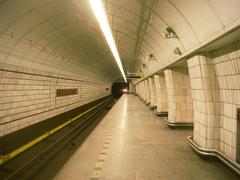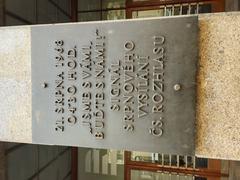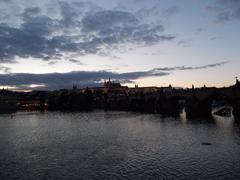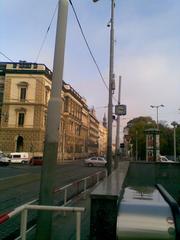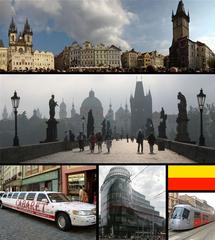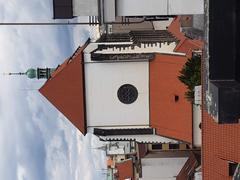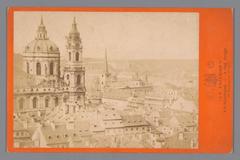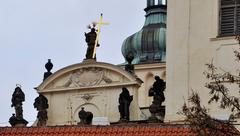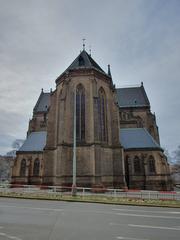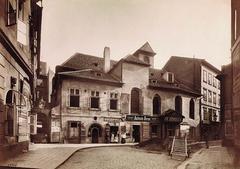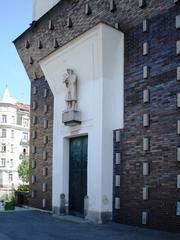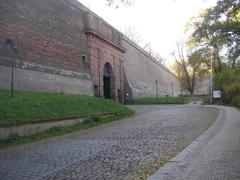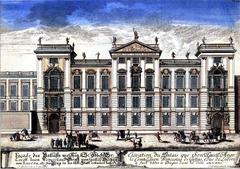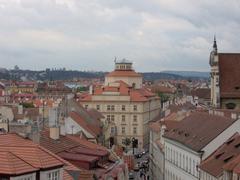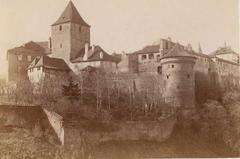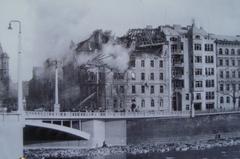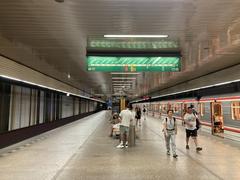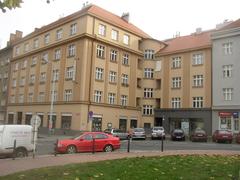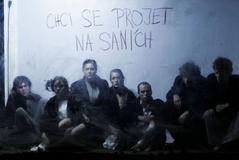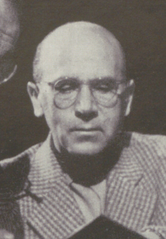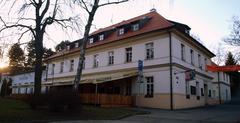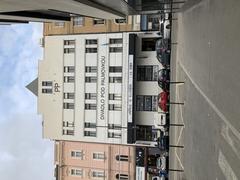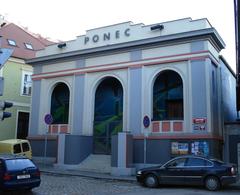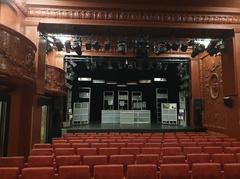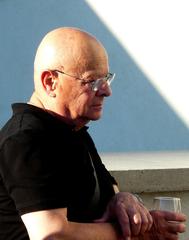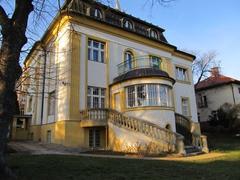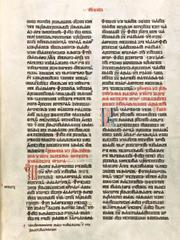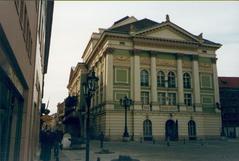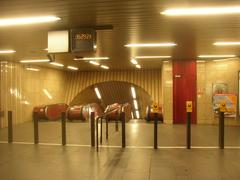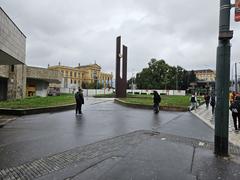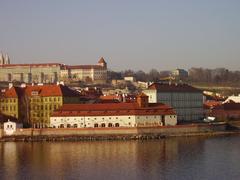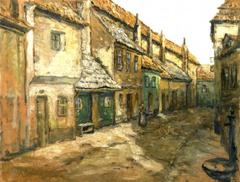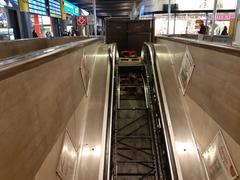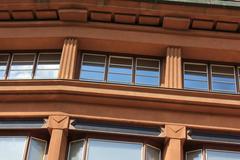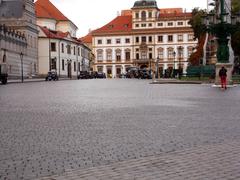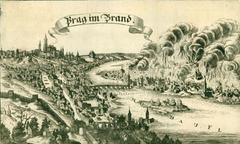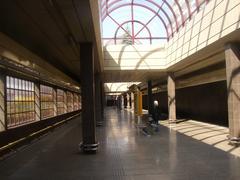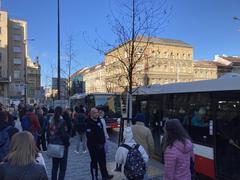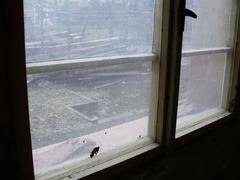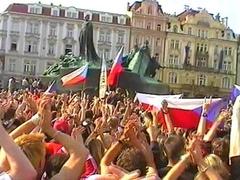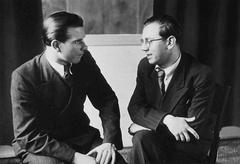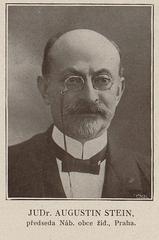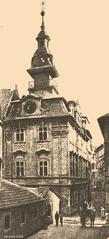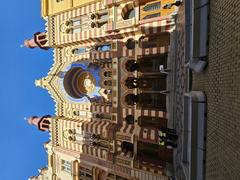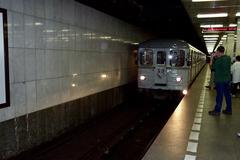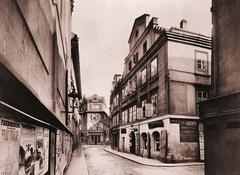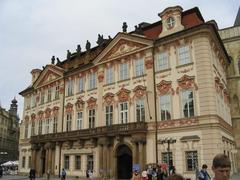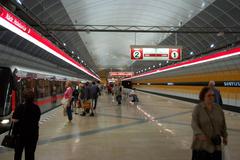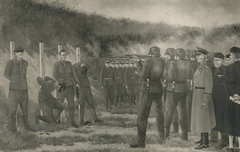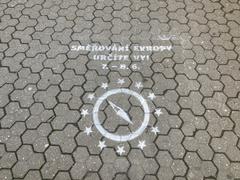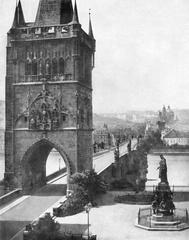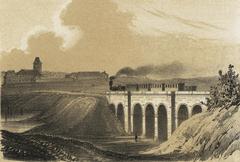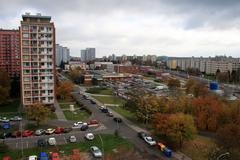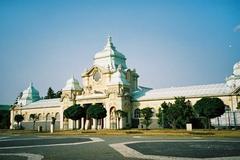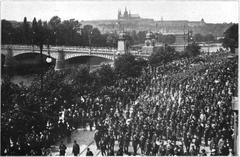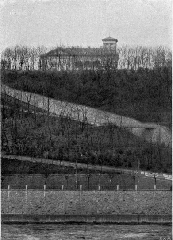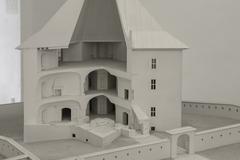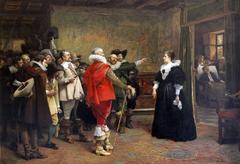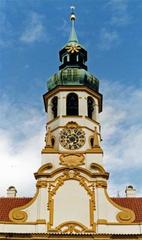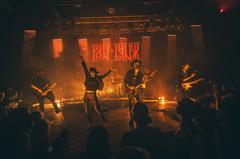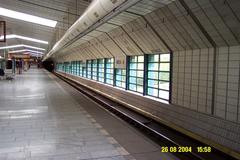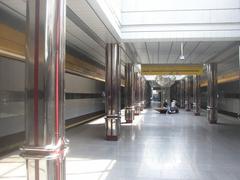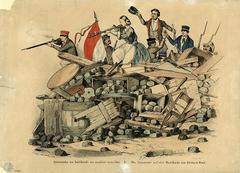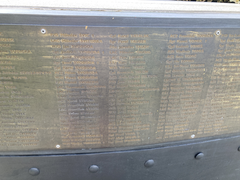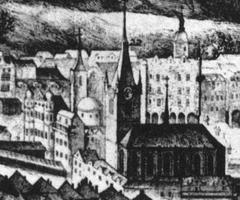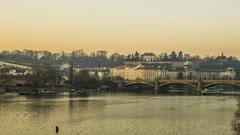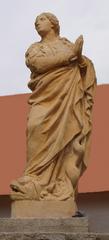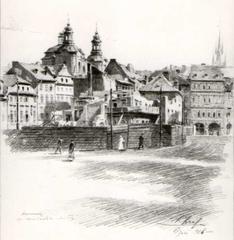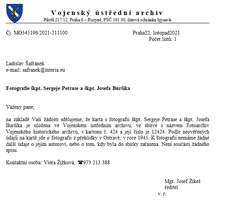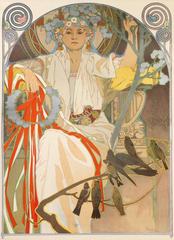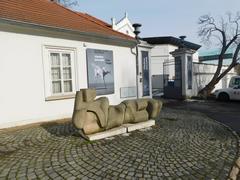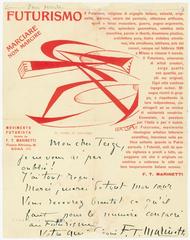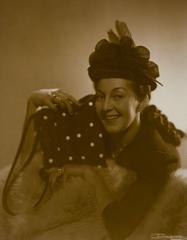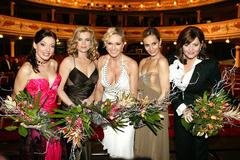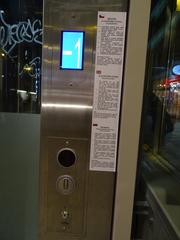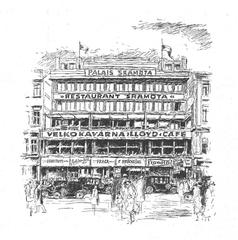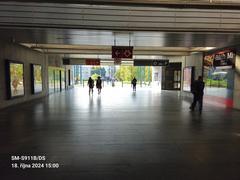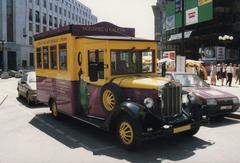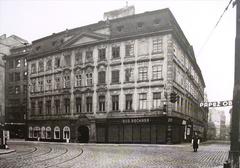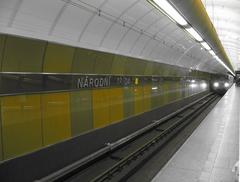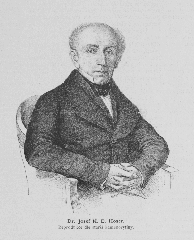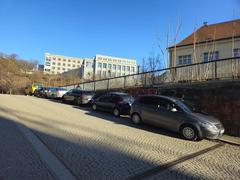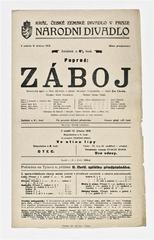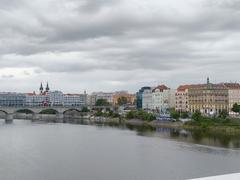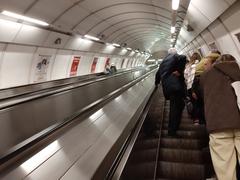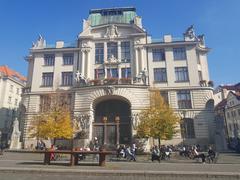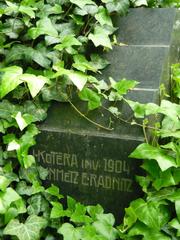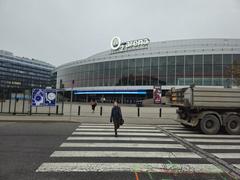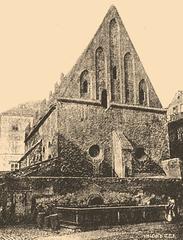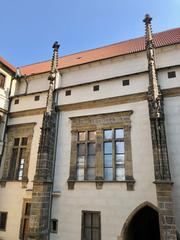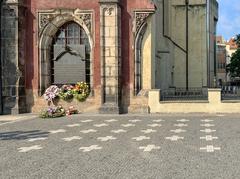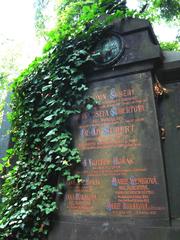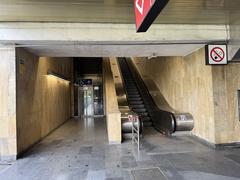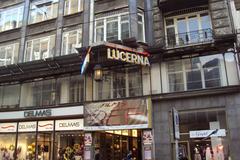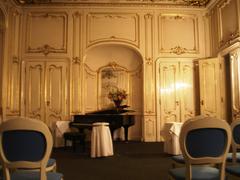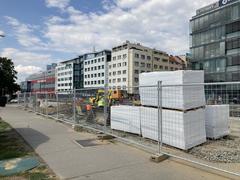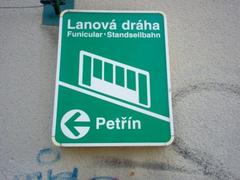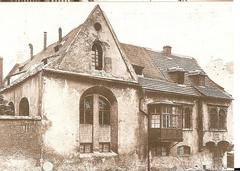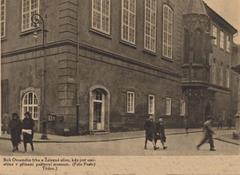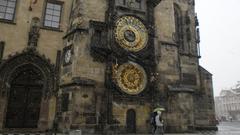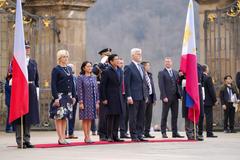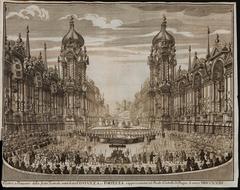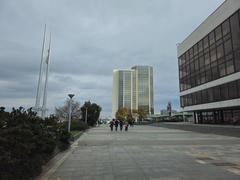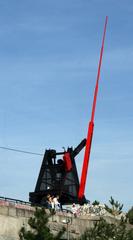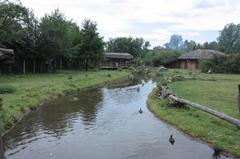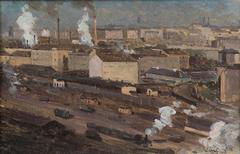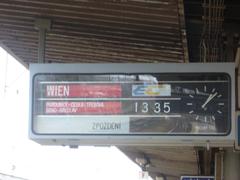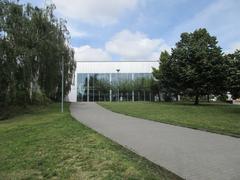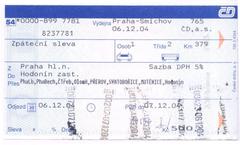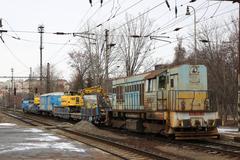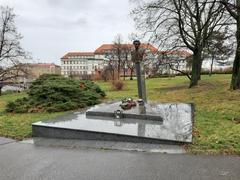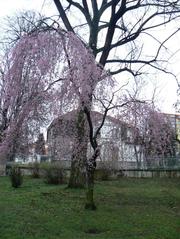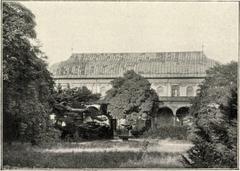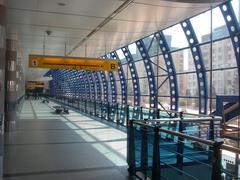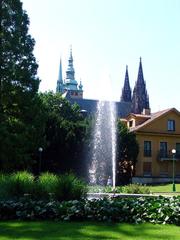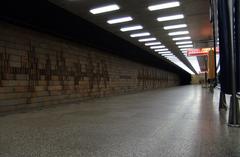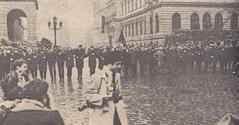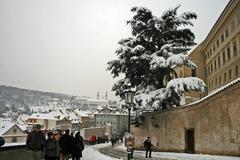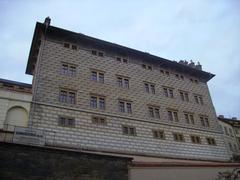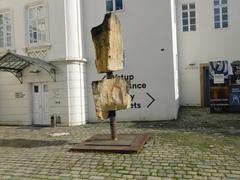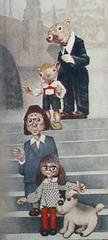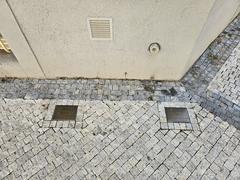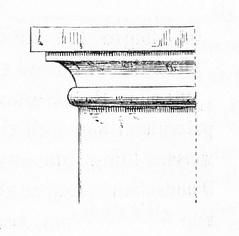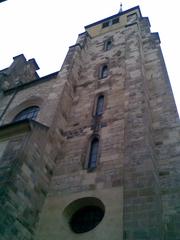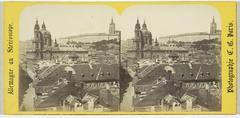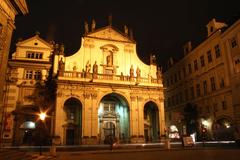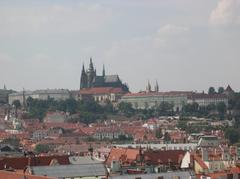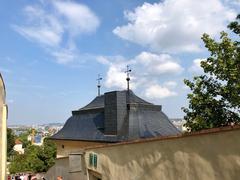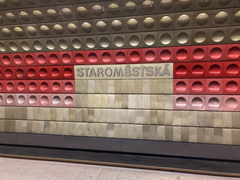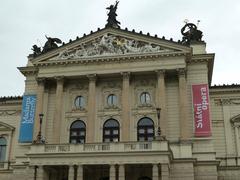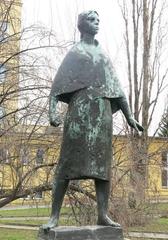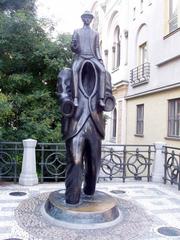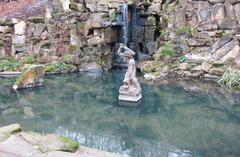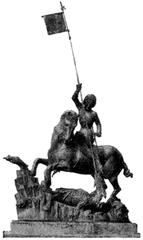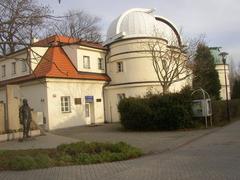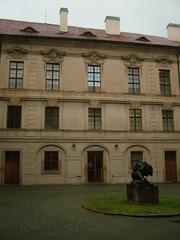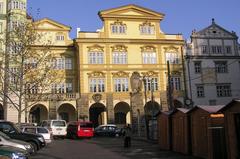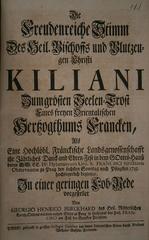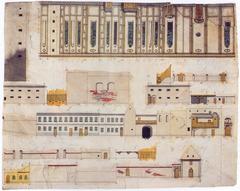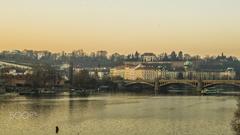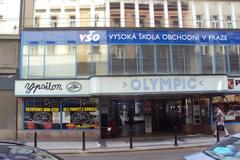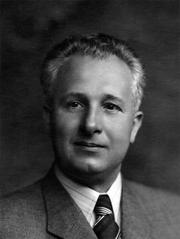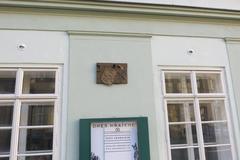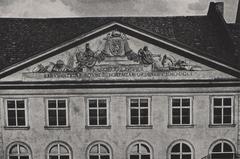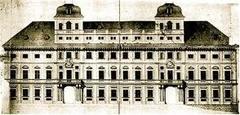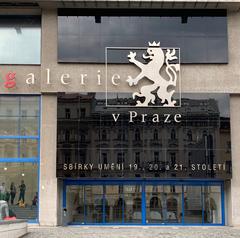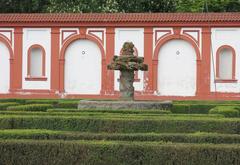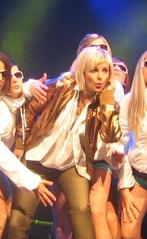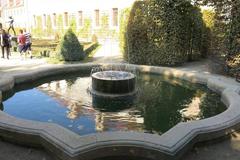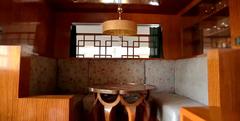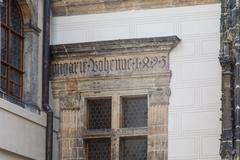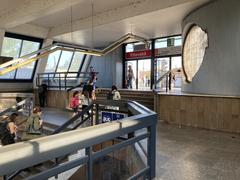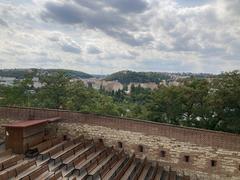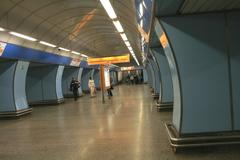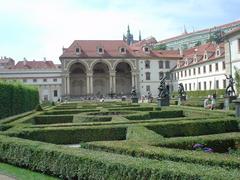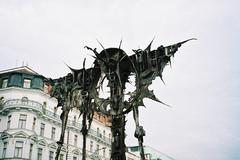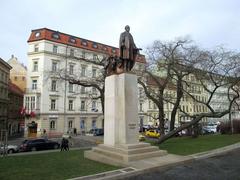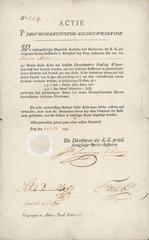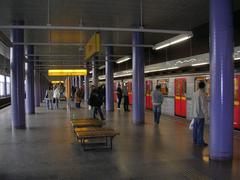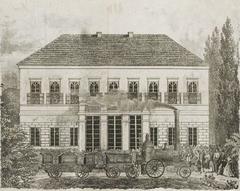
Café Slavia Prague: Visiting Hours, Tickets, and Historical Site Guide
Date: 04/07/2025
Introduction: Café Slavia’s Enduring Significance
Café Slavia, located on Národní Street and overlooking the Vltava River in the heart of Prague, stands as one of the city’s most storied and culturally significant coffeehouses. Established in 1884 during the Czech national revival, it has long served as a nexus for artists, intellectuals, and political dissidents. Its prime location directly across from the National Theatre, and its name evoking Pan-Slavic ideals, reflect the café’s historical role as a hub of Czech identity and creative exchange.
Over its 140-year history, Café Slavia has been frequented by luminaries such as Bedřich Smetana, Jaroslav Seifert, Václav Havel, and a host of international literary and political figures. Its Art Deco interiors, panoramic views of Prague Castle and Charles Bridge, and reputation as a haven for free expression through turbulent times—including the Nazi occupation, Communist rule, and the Velvet Revolution—make it a living monument to Prague’s resilience and cultural richness (EHICA; Avantgarde Prague; BBC Travel; Prag Visit).
This comprehensive guide explores Café Slavia’s history, architecture, visitor information, and cultural offerings, ensuring you enjoy an authentic and memorable visit.
Historical Overview
Founding and Early Years (1884–1918)
Café Slavia opened in 1884, coinciding with the rise of Czech national consciousness. Its proximity to the newly established National Theatre positioned it as a natural gathering place for artists and intellectuals. Early patrons included composer Bedřich Smetana and theatre director Jaroslav Kvapil. The café’s original décor—perforated wallpaper and Art Nouveau chandeliers—reflected contemporary tastes, while its name underscored its Pan-Slavic and national identity aspirations (EHICA; Avantgarde Prague).
Interwar Flourishing (1918–1938)
The First Czechoslovak Republic marked a golden age for Café Slavia, with regulars such as Karel and Josef Čapek, poet Vítězslav Nezval, art theorist Karel Teige, and journalist Ferdinand Peroutka. The café was a hub for cultural debate and creative collaboration, witnessing key moments in national life, including the funeral of President Masaryk (EHICA; Avantgarde Prague).
World War II and Communist Era (1939–1989)
Throughout occupation and Communist rule, Café Slavia remained a sanctuary for intellectuals, dissidents, and artists. Prominent figures such as Jiří Kolář, Jaroslav Seifert, Jan Zrzavý, and Václav Havel frequented the café, especially during the normalization period after 1968. Its mirrored walls and iconic windows bore witness to Prague’s shifting fortunes and the quiet resistance of its patrons (Avantgarde Prague; BBC Travel).
The Velvet Revolution and Modern Revival (1989–Present)
During the Velvet Revolution, Café Slavia was a key gathering spot for activists and students. Its symbolic significance led to public outcry and presidential intervention when it was closed for renovation in the early 1990s. Since its reopening, the café has balanced historical preservation with contemporary vibrancy, welcoming a diverse clientele and hosting live piano performances (BBC Travel; Avantgarde Prague).
Architectural and Artistic Heritage
Café Slavia is housed in the Neo-Renaissance Lažanský Palace and features a striking Art Deco interior, remodeled in the 1920s. The space is defined by dark wood paneling, brass fixtures, green leather banquettes, and panoramic windows offering sweeping views of Prague’s landmarks. The café’s most famous artistic highlight is Viktor Oliva’s “The Absinthe Drinker,” symbolizing its bohemian spirit and association with avant-garde circles (Prag Visit).
Black-and-white photographs of past patrons line the walls, providing a visual timeline of Prague’s artistic evolution. The grand piano is central to its identity, with live music enriching the refined ambiance (Prag Visit).
Visiting Café Slavia: Practical Information
Opening Hours
- Daily: 8:00 AM – 11:00 PM
Hours may vary on public holidays; check the official website for updates.
Tickets and Entry
- No entrance fee or tickets required.
Pay only for food and beverages ordered.
Accessibility
- Wheelchair accessible: Ramps and accessible restrooms are available.
Staff can assist with special needs—contact ahead if necessary.
Getting There
- Address: Národní 1012/8, Prague 1, 110 00
- Tram: Lines 17, 18, 22 (stop: National Theatre)
- Metro: Národní třída (Line B) and Staroměstská (Line A) are within walking distance.
Reservations
- Recommended for groups or peak times, especially for window seating or live music events.
Payment and Currency
- Credit cards and CZK cash accepted.
Use local currency to avoid unfavorable exchange rates (Lonely Planet).
Language
- English widely spoken; menus available in English.
Greeting staff with “Dobrý den” is appreciated.
Café Slavia’s Culinary Experience
Ambience and Setting
The restored Art Deco interior, live piano music (5 pm–11 pm), and spectacular river views offer a classic yet welcoming ambiance (Prague Experience).
Menu Highlights
- Breakfast: Eggs, pastries, fresh bread, coffee, and tea.
- Cakes and Desserts: Famous for its selection, especially the hot chocolate and beautifully presented cakes. Choose at the counter and inform your waiter (Prague Experience).
- Main Meals: Café-style hot dishes, soups, and light fare.
- Beverages: Traditional Czech beer (~55 CZK/€2.20), coffee (~70 CZK/€2.80), teas, wines, and spirits (Lonely Planet).
Service
Efficient, unobtrusive, and accommodating; casual attire is welcome. Tipping (~10%) is customary.
Special Features and Cultural Highlights
Artistic Centerpiece
- Viktor Oliva’s “The Absinthe Drinker” painting is an enduring symbol of the café’s creative legacy (Prag Visit).
Live Music
- Live piano performances are a daily highlight, maintaining the café’s tradition as a space for artistic inspiration.
Photographic Spots
- Large windows offer panoramic views of Prague Castle, the National Theatre, and Charles Bridge—ideal for photography.
Nearby Attractions
Café Slavia’s central location makes it an ideal stop before or after visiting:
- National Theatre: Directly opposite
- Charles Bridge: 10 minutes’ walk
- Old Town Square: 15 minutes’ walk
- Rudolfinum Concert Hall: Short stroll along the river
For tranquil moments, nearby Kampa Island and riverside parks provide peaceful retreats (Lonely Planet).
Frequently Asked Questions (FAQ)
What are Café Slavia’s opening hours?
Open daily from 8:00 AM to 11:00 PM.
Is a reservation required?
Not mandatory for small groups, but recommended for busy periods or large parties.
Are vegetarian options available?
Yes, vegetarian and some gluten-free dishes are on the menu.
Is the café wheelchair accessible?
Yes, with ramps and accessible facilities.
Does Café Slavia charge an entrance fee or require tickets?
No entrance fee or tickets are needed; it operates as a public café.
Are there any guided tours or special events?
Café Slavia is featured on many Prague cultural tours; it also hosts occasional live music and literary events.
Can I take photos inside?
Yes, but please be considerate of other guests.
Summary Table: Essential Visitor Information
| Aspect | Details |
|---|---|
| Opening Hours | Daily 8 am–11 pm (may vary on holidays) |
| Price Range | Coffee: ~70 CZK; Beer: ~55 CZK; Main meal: ~200 CZK |
| Dress Code | None (casual attire welcome) |
| Payment Methods | Credit cards and CZK cash accepted |
| Reservations | Advised for groups/peak times |
| Language | English widely spoken; Czech greetings appreciated |
| Accessibility | Wheelchair accessible; centrally located |
| Atmosphere | Art Deco, live piano, panoramic views |
| Signature Items | Hot chocolate, cakes, Czech beer |
| Website | Café Slavia Official Site |
Final Tips for Visiting Café Slavia
- Arrive early or reserve a table for the best window views.
- Enjoy the cakes and hot chocolate—signature treats rarely matched elsewhere in Prague.
- Check for live music and cultural events on the official website or local listings.
- Combine your visit with a stroll along the Vltava River or a sightseeing tour of Prague’s nearby historical sites.
- Use Czech koruna for payments to avoid unfavorable exchange rates.
Conclusion
Café Slavia is more than just a historic coffeehouse—it is a living testament to Prague’s layered history, embodying the city’s enduring spirit of creativity, resistance, and hospitality. Whether you are a history buff, art lover, or traveler seeking authentic experiences, Café Slavia promises an atmosphere that is at once timeless and vital. Plan your visit with the practical details provided, and immerse yourself in the legacy of a space where Prague’s past and present converge.
Official and Recommended Resources
- EHICA – Café Slavia Prague: Visiting Hours, Tickets & Historical Significance
- Avantgarde Prague – Café Slavia Cultural and Historical Overview
- BBC Travel – Prague’s Historic Coffeehouses
- Prag Visit – Exploring Café Slavia: Architecture and Visitor Guide
- Prague Experience – Café Slavia Culinary and Visitor Information
- Lonely Planet – Things to Know Before Traveling to Prague
- Café Slavia Official Website

